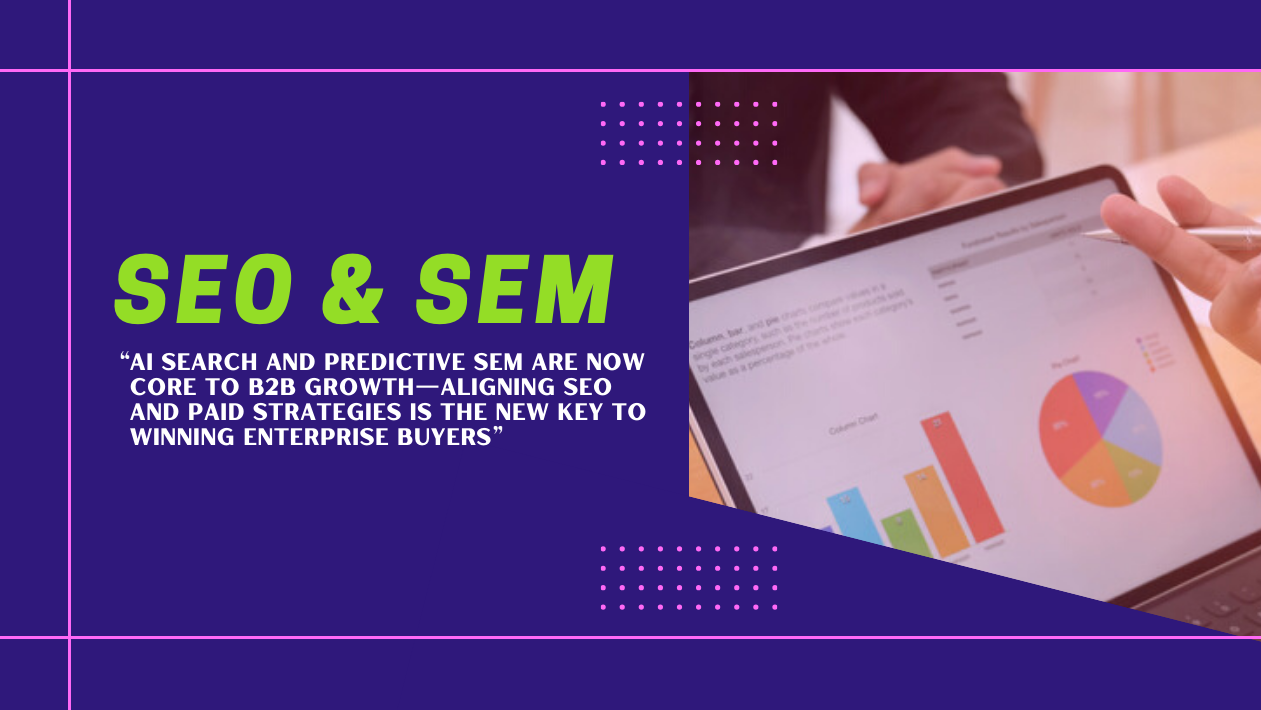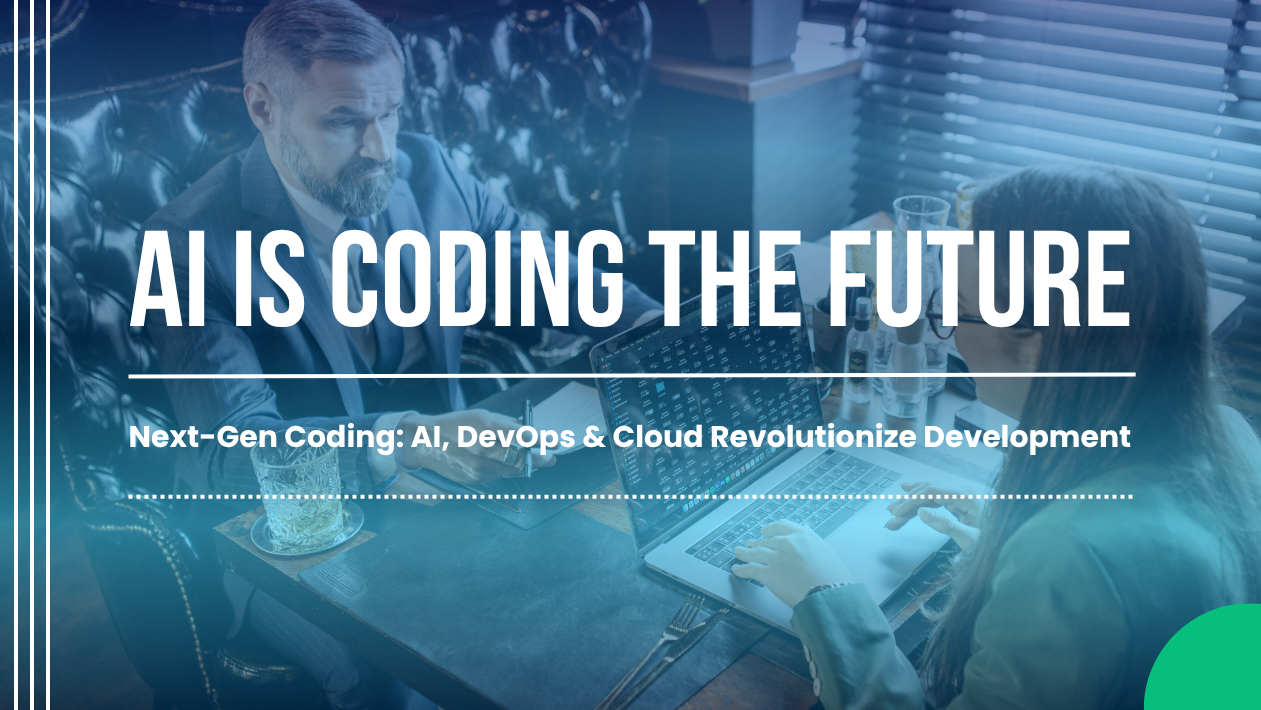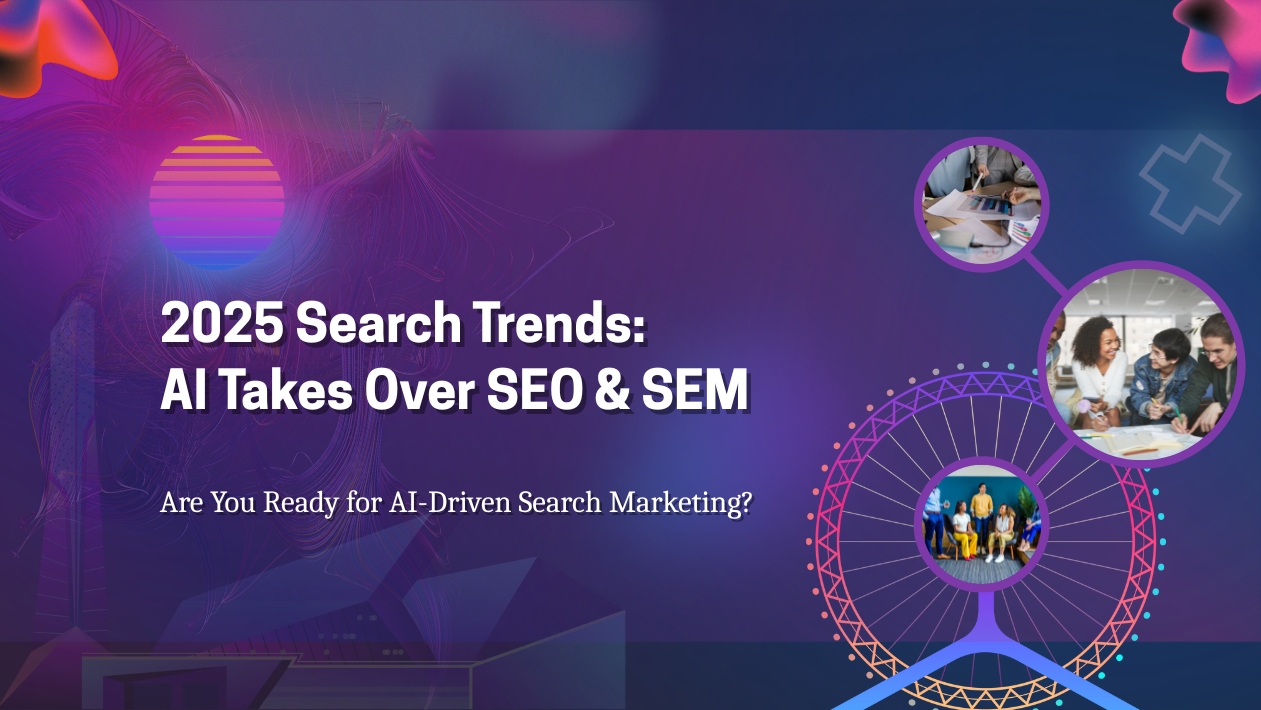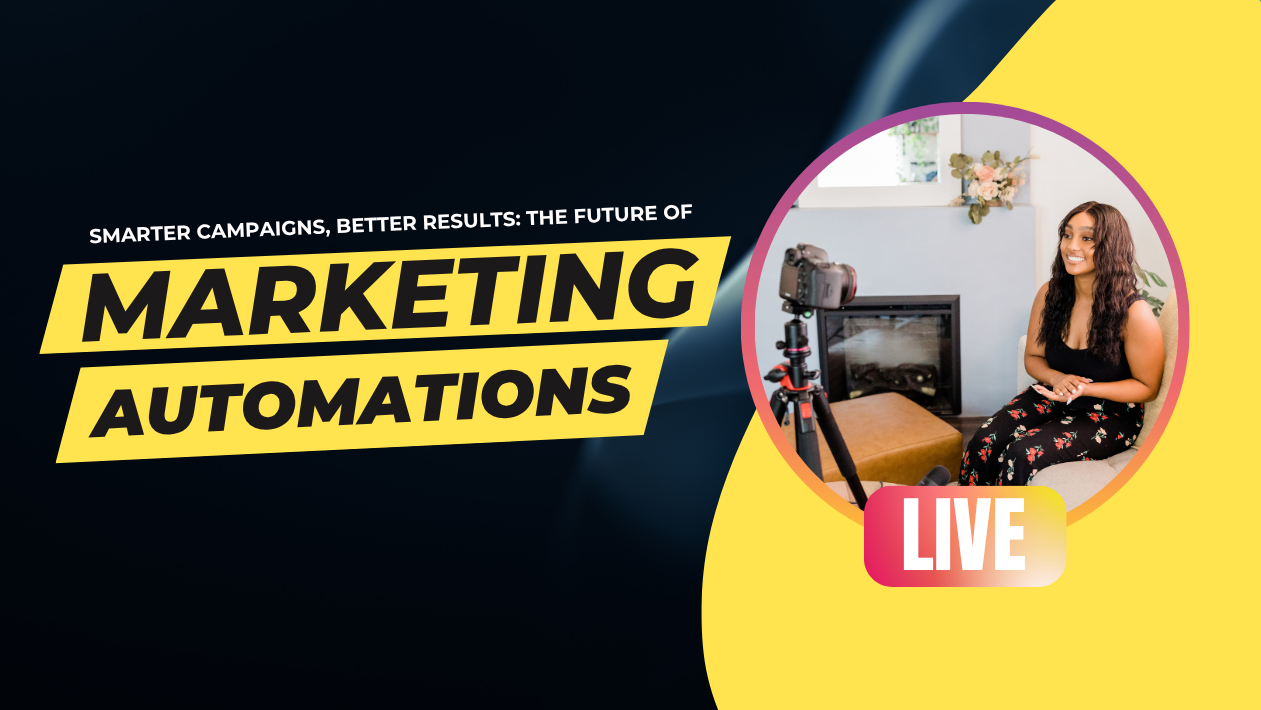The B2B search landscape is undergoing a seismic shift in 2025. With AI-powered search engines, tighter privacy regulations, and an explosion of voice and visual queries, B2B marketers are reinventing Search Engine Optimization (SEO) and Search Engine Marketing (SEM) strategies to capture high-value leads and shorten sales cycles.
AI Search Demands Deeper, Authoritative Content
New AI-driven platforms like Google Gemini Search and Microsoft Copilot favor in-depth, expert-level content over traditional keyword stuffing. B2B brands are building long-form thought leadership pieces, case studies, and structured data that feed AI answers while still attracting decision-makers to their sites.
Account-Based SEO Meets Predictive SEM
B2B marketers now combine account-based marketing (ABM) with machine learning bidding to reach specific companies and job titles. Platforms analyze intent signals—web visits, content downloads, and purchase cycles—to automatically adjust SEM campaigns and nurture prospects.
Voice Search and Visual Discovery in B2B
From industrial suppliers to enterprise SaaS, buyers increasingly use voice commands and visual search to find vendors and compare products. Optimizing for conversational, industry-specific keywords and product-rich images is becoming essential.
Privacy, First-Party Data, and Long Sales Cycles
With third-party cookies disappearing, successful B2B campaigns rely on first-party data: email subscribers, CRM insights, and gated content. SEO and SEM teams now work together to capture leads early, maintain engagement through retargeting and content personalization, and guide prospects through multi-month buying journeys.
The Road Ahead for B2B Search
In 2025, winning in B2B search means more than ranking high—it’s about owning the buyer conversation across multiple touchpoints. Marketers who integrate SEO and SEM into a single, data-driven growth strategy will dominate lead generation and drive measurable revenue.





